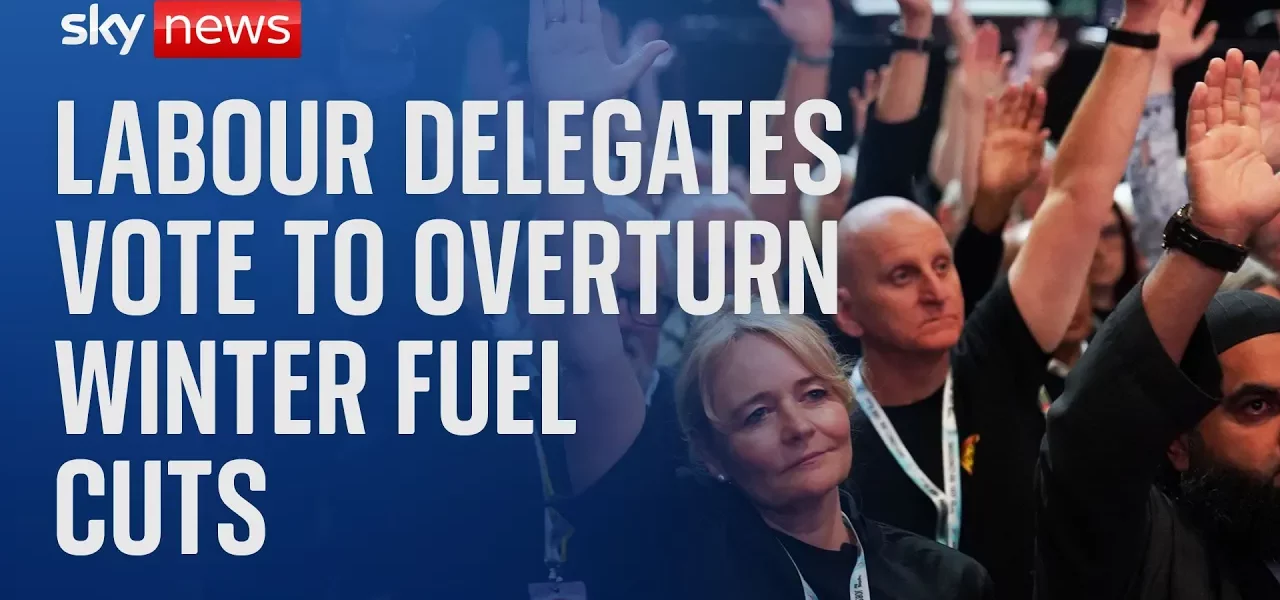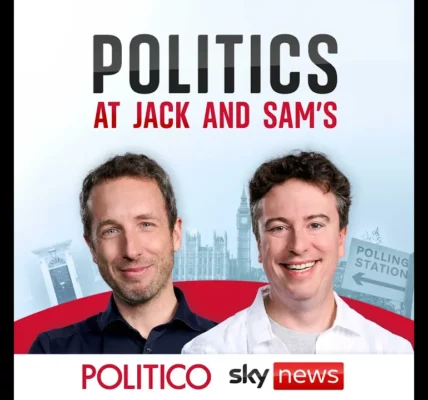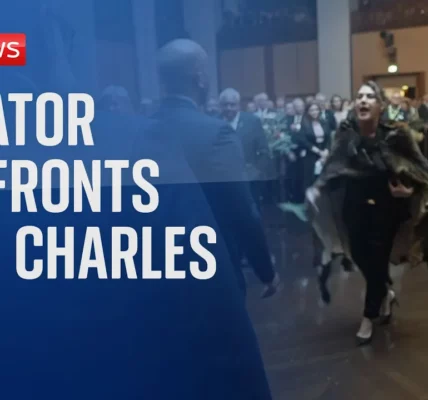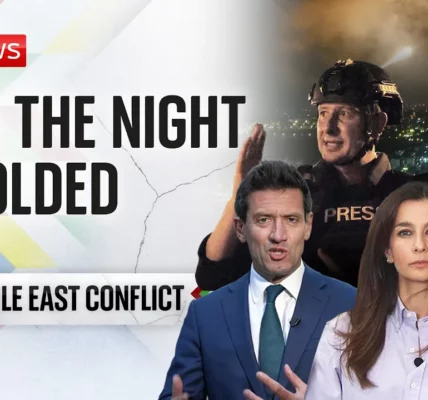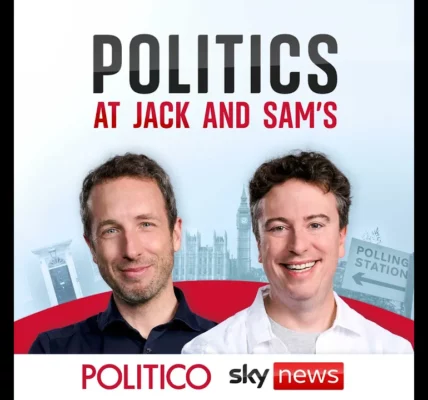Breaking News: Labor Party Conference Vote on Winter Fuel Payments

This article delves into the recent developments at the Labor Party conference, focusing on the contentious vote regarding the winter fuel payment cuts for pensioners. We explore the implications of this decision, the reactions from key figures, and the broader political landscape surrounding this issue.
Introduction
In a significant turn of events at the Labor Party conference held in Liverpool, the government faced a defeat over a motion concerning the winter fuel payment for pensioners. The motion, introduced by Sharon Graham, General Secretary of the United Union, reflects the growing discontent among party members regarding the government’s decision to means test these vital payments. This article will explore the context of the vote, the arguments presented, and the potential ramifications of this decision on the party and its constituents.
The Vote at the Labor Party Conference
The vote on the winter fuel payment cuts was contentious, reflecting a deep divide within the party. Sharon Graham’s introduction of the motion on the final morning of the conference underscored the urgency of the issue.
Background of the Motion
The motion sought to oppose the government’s plan to cut winter fuel payments for certain pensioners while leaving wealthier individuals unaffected. Graham articulated a powerful message, emphasizing that the government’s decision was not aligned with the values that the Labor Party stands for.
Key Arguments Presented
- The decision to cut payments disproportionately affects the most vulnerable in society.
- Graham criticized the notion of asking those who are financially strained to bear the burden while the wealthy remain untouched.
- Many delegates echoed her sentiments, showcasing a strong emotional response to the proposed cuts.
Reactions from Union Leaders and Party Members
The reaction to the vote was overwhelmingly supportive of Graham’s stance, yet the outcome of the vote itself served as a symbolic gesture rather than a binding decision.
Union Support and the Broader Implications
The support from the unions was palpable, with chants and cheers resonating throughout the hall. Despite the enthusiasm, the reality remains that the government holds a significant majority, allowing them to proceed with the cuts regardless of the conference’s dissent.
Public Sentiment and Opinion Polls
While the sentiment within the conference was clear, public opinion appears to be more divided. Opinion polls indicate that while many support the reversal of the cuts, others may not fully understand the implications of such decisions on the broader budgetary landscape.
Political Context and Future Challenges
As the government prepares for the upcoming budget announcement, they face a series of tough decisions that could further complicate their standing with both party members and the public.
Budgetary Constraints and Difficult Decisions
Labor leader Keir Starmer has acknowledged that difficult decisions are necessary to fund essential services like the National Health Service (NHS). The pressure to balance fiscal responsibility with the needs of the most vulnerable will be paramount.
The Impact of Donations on Public Perception
In the backdrop of the conference, discussions surrounding financial donations to the party further complicate the narrative. Allegations regarding the acceptance of donations for personal expenditures by party leaders have tarnished the party’s image.
- Concerns over transparency and accountability in political donations.
- Potential backlash from constituents who are being asked to make sacrifices.
Conclusion
The recent vote at the Labor Party conference represents a critical moment for the party as it navigates the complexities of governance and public sentiment. The strong reactions from union leaders and party members signal a need for the government to reconsider its approach to welfare policies. As the budget looms on the horizon, the Labor Party must balance the demands of fiscal responsibility with its commitment to supporting the most vulnerable in society. This situation serves as a call-to-action for both the government and its constituents to engage in meaningful dialogue about the future of social welfare in the UK. For more insights on political developments, visit our related articles on government policies and social issues.
“`
